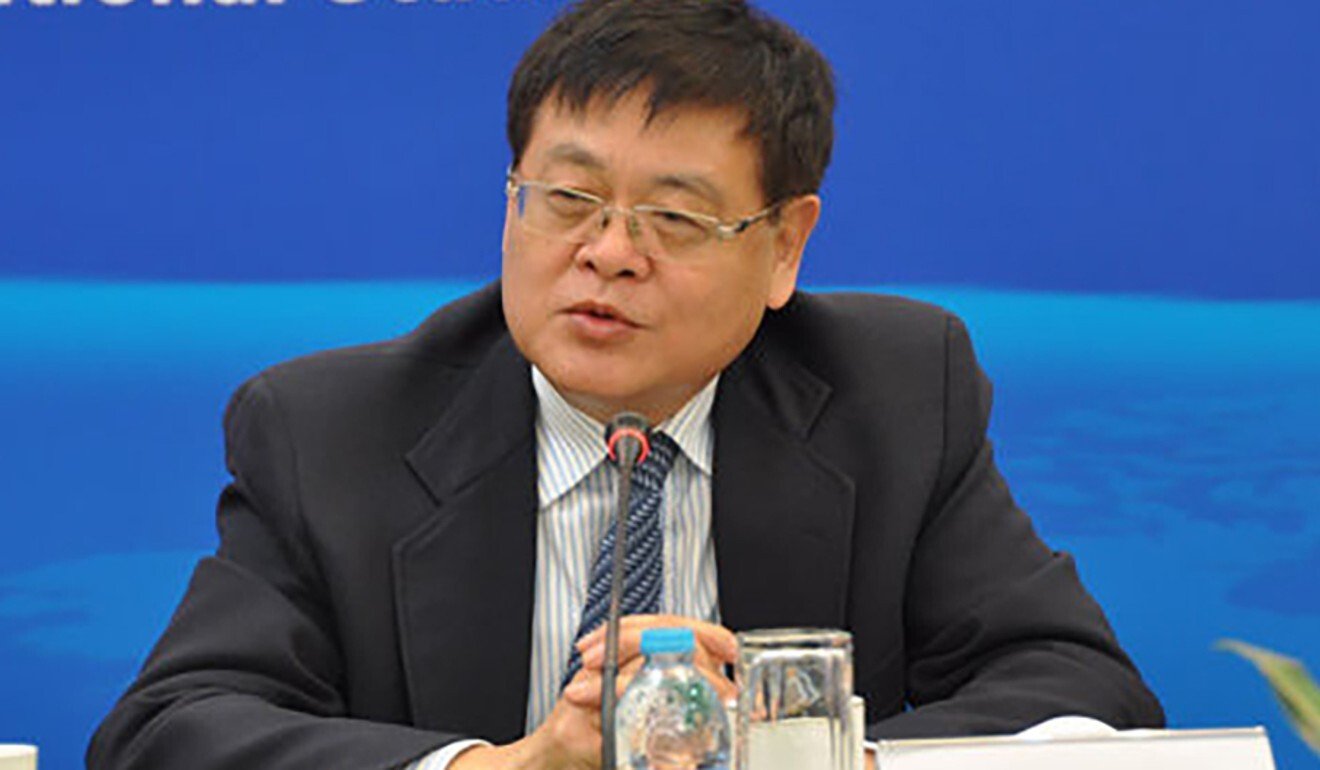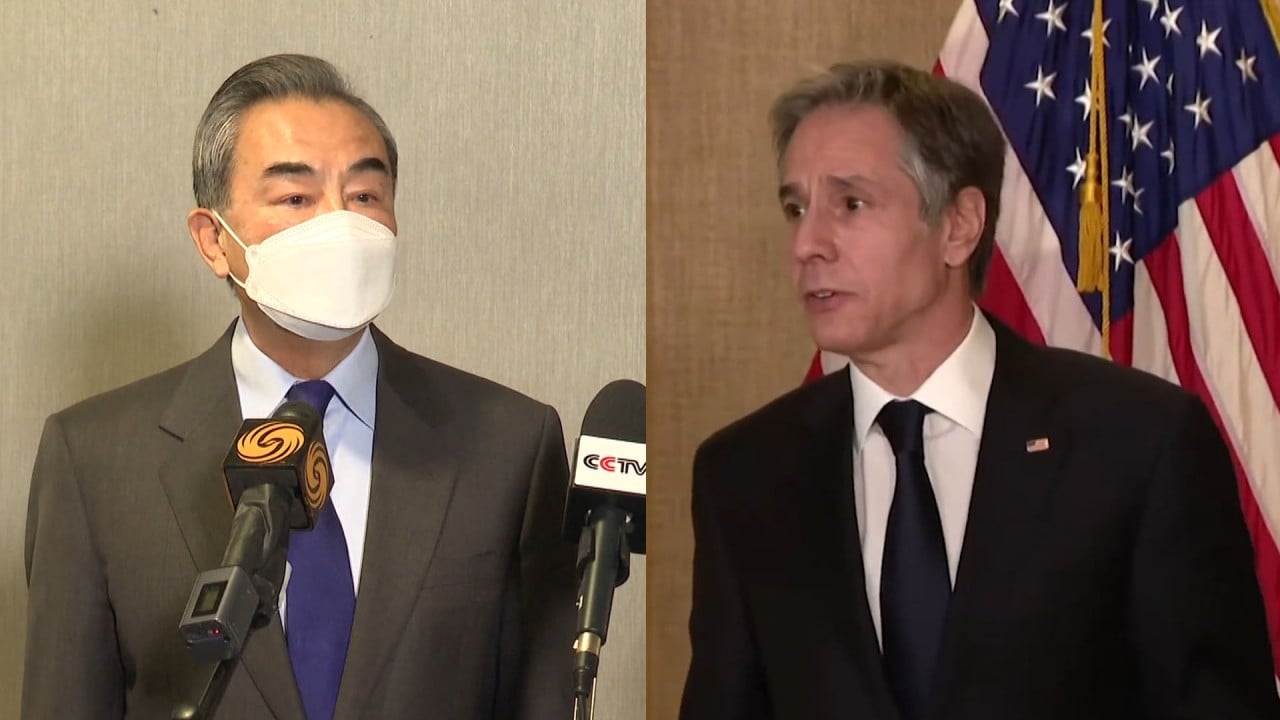
‘Our American studies are too weak’: Chinese scholars warn of knowledge gap with US peers
- They say China is lagging behind and there are concerns it could adversely affect Beijing’s policy
- Academic freedom is one issue, scholars also call attention to the brain drain of US affairs experts
The issue was first raised in a speech by Wang Jisi, president of the Institute of International and Strategic Studies at Peking University in Beijing.
“I feel a bit ashamed and uncomfortable that our American studies are too weak,” said Wang, one of China’s top US affairs scholars, in the May 15 address. “We Chinese always say our American studies are deeper and broader than China studies in the US – I think that’s inaccurate and incorrect.”
Wang was speaking by video link at a ceremony attended by former Chinese diplomats to launch the new American Studies Centre at Zhejiang International Studies University in Hangzhou.

In this month’s speech, he also called attention to the brain drain of US affairs experts in China.
“It’s a sad thing that so many of us who went to the United States to study social sciences ended up in China studies,” Wang said. “Postgrads sent to China from the US are also studying China, so how can we develop a deep understanding of the US?”
While he did not provide any figures on this point, it has long been a frustration for US specialists in China. The late historian Ren Donglai lamented back in 2005 that when China began sending its brightest students in American studies to the US in the 1980s, most of the PhD candidates ended up writing their theses on China. Ren was one of the first to teach at the prominent Johns Hopkins University-Nanjing University Centre for Chinese and American Studies.
There is an obvious gap … in terms of holistic factual understanding and the ability to explain history and the future in a strategic and academic way
Zhu Feng, director of the Institute of International Relations at Nanjing University, said the brain drain was still a problem.
“Many researchers who have gone to the United States and know the country best have ended up staying there,” he said.
He agreed that China was lagging behind on American studies, describing the knowledge of Chinese and US academics as “asymmetric”.
“There is an obvious gap with the American side in terms of holistic factual understanding and the ability to explain history and the future in a strategic and academic way,” he said.
“It takes creativity and academic space, but in China, diplomatic issues are firstly political issues,” he said. “And that space is quite limited here compared to the United States, where candid and completely free academic discussions can take place.”
US Senate advances bill to fund tech development to counter China
Academic freedom, especially in social sciences, has long been a headache for Chinese scholars, and those in the area of international relations face some of the toughest restrictions. One of them is Jia Qingguo, who made the rare move of raising the issue with Beijing’s political advisory body – of which he is a member – at its annual meeting in March. Jia, an international relations professor at Peking University, submitted a formal proposal urging Beijing to ease what he called excessive restrictions on Chinese academics when they are on overseas exchanges. He said some had to get approval from two supervisors to meet a foreigner and provide a detailed report afterwards, and they could not meet the same foreigner more than twice in a year. Jia said restrictions like these could affect policy advice.

04:07
Alaska summit: China tells US not to underestimate Beijing’s will to safeguard national dignity
There are also concerns that the knowledge gap will adversely affect China’s US policy, especially given that relations between Beijing and Washington are increasingly defined by their rivalry, according to Pang Zhongying, an international affairs professor at the Ocean University of China in Qingdao.
“It’s a serious issue because it seems China is set to enter strategic competition with the US, though the Chinese side has not yet acknowledged it,” he said, adding that advice from well-informed academics would be particularly valuable.
Are Chinese people falling out of love with the Western dream?
Secretary of State Antony Blinken has said the US relationship with China “will be competitive when it should be, collaborative when it can be, and adversarial when it must be”. But Chinese Foreign Minister Wang Yi last month said Beijing did not intend to compete with Washington, though he acknowledged relations were “at a new crossroad”.
To tackle that, academics like Wang Jisi from Peking University have urged more Chinese researchers to take on American studies.
“I of course hope more people will study the United States, not only the key strategic issues but also domestic issues, in-depth,” he said in his speech.

